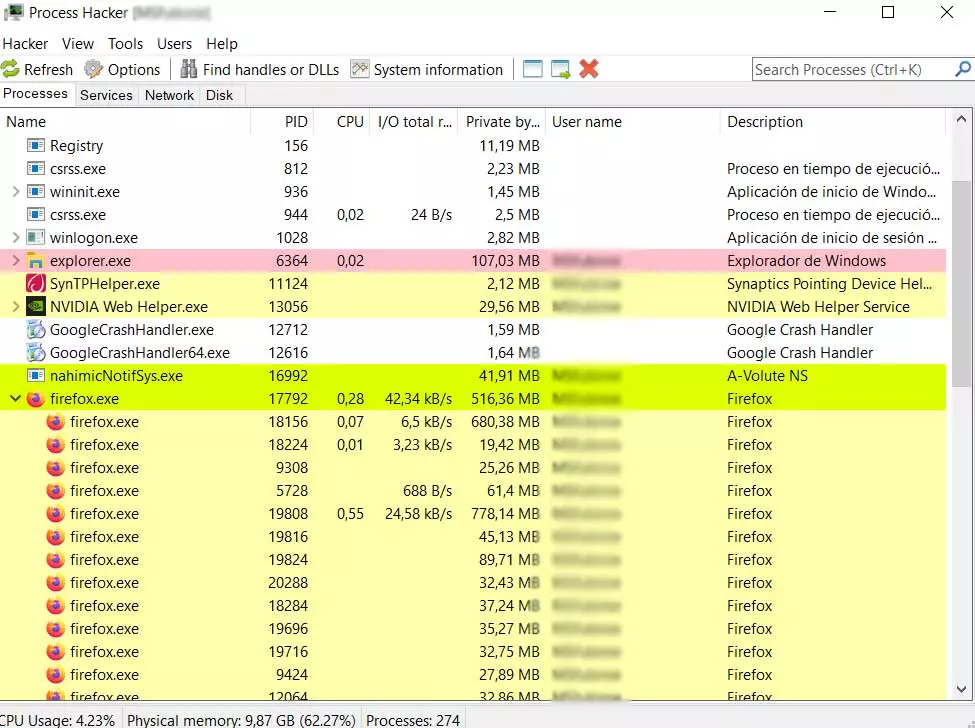
However, the truth is that some of this data that we are talking about can alter our privacy on some occasions. With everything and with it, these programs allow us, from their configuration, to customize this collection of information to a great extent. We must bear in mind that by default the web browser can store its own sensitive data. This includes usernames, passwords of access to platforms, cookies of Loginand much more.
The problem comes when some of this information, with all of it, is revealed or made accessible. This is something that is happening right now because these data, as has been verified, are saved in readable text mode in the computer’s memory. Initially it appears that most Chromium-based browsers are affected. Of course this affects Google Chrome either Microsoft Edge.
In fact, several tests have been carried out on different systems confirming that other browsers like brave me firefox from Mozilla are also affected by the problem. It must be borne in mind that physical access to the computer is not necessary, since remote access or the software that is running is sufficient to extract this data.
Obviously this can be a huge security problem for affected computers and browsers. Besides, the information extraction it can be done from any process running on that PC.
Check if your browser exposes your passwords
Of course, we must take into consideration that the user must enter the data of their credentials before they can be extracted. And it is that with this security flaw it is possible to load in memory all the passwords that are stored in the password manager of the browser. We must also take into consideration that the security method and two factors may not be enough to protect our accounts. In the event that the session cookie data they are also present in memory; its extraction would lead to all kinds of attacks.
This is a problem that was reported to Google, although the search engine initially offered no solution. The reason given is that chrome it does not fix any issues that are related to physical and local access attacks. Therefore, let’s see how to test your browser to see if it is vulnerable to this security flaw. Thus, users of Windows they can use the free Process Hacker tool for this. Simply download the portable version of the program and run it on your computer.
Next, we will only have to enter a name of username and password, or other sensitive data in the browser that we want to test. We double click on the main process of the browser in the list that appears to see its details. Then we go to the tab called Memory of that window the program returns the data if it finds them in the memory of the selected process.



